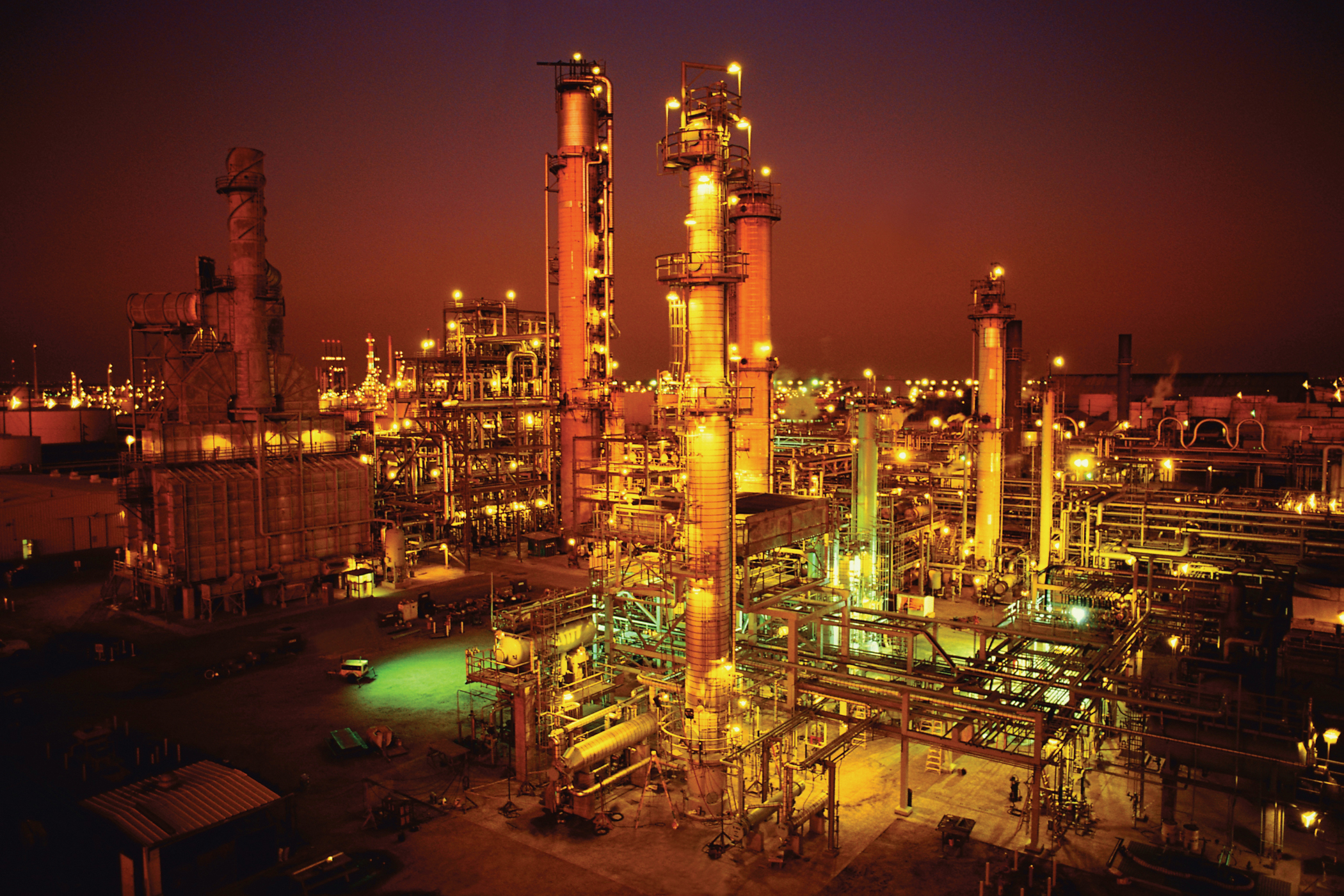

Along with plans to build a new petrochemicals complex, state-energy giant Saudi Aramco and France’s Total are also looking to further boost the capacity of their refinery joint venture by another 10 per cent, the partners announced on 8 October.
Capacity at the Saudi Aramco Total Refining Company (Satorp) complex in Jubail on the kingdom’s eastern Gulf coast will be increased to 480,000 barrels a day (b/d), up from 440,000 b/d, Total CEO Patrick Pouyanne said.
Pouyanne was speaking at the signing of a new $9bn petrochemicals complex development with Aramco at its headquarters in Dhahran. He did not provide any further details.
Aramco owns 62.5 per cent of the joint venture, with the other 37.5 per cent share held by Total.
Satorp began operations in 2012 at 400,000 b/d. Capacity has since been expanded to 440,000 b/d, although Total says this was through optimising its operations, rather than through additional fixed-cost spending.
The new petrochemicals complex, named Amiral, includes the Gulf region’s largest mixed-feed cracker (processing 50 per cent ethane and refinery off-gases), with a capacity to produce 1.5 million tonnes a year of ethylene and related high-added-value derivative products.
The expansion is part of Aramco's wider plan to raise its global refining capacity to 8-10 million b/d, from 5.4 million b/d currently.
Within the kingdom, Aramco is close to completing its new 400,000 b/d Jizan refinery on its southern Red Sea coast near the border with Yemen. It is also moving ahead with plans to build another 400,000 b/d crude-to-chemicals complex with Saudi Basic Industries Corporation by 2025.
Once complete, the oil-to-chemicals facility will take Saudi Arabia's domestic downstream capacity to about 3.621 million b/d, up from 2.821 million b/d currently. The projects are a major step towards Riyadh's goal of integrating and broadening the scopes of its petroleum, minerals and industrial sectors.
They will also help push the kingdom up the petroleum value chain, allowing it to export more of its oil in the form of value-added fuels and petrochemicals products in place of crude.
You might also like...

Oman secures 1.5GW contract renewals
08 May 2024

Oman extends 1GW wind prequalification
08 May 2024
A MEED Subscription...
Subscribe or upgrade your current MEED.com package to support your strategic planning with the MENA region’s best source of business information. Proceed to our online shop below to find out more about the features in each package.






